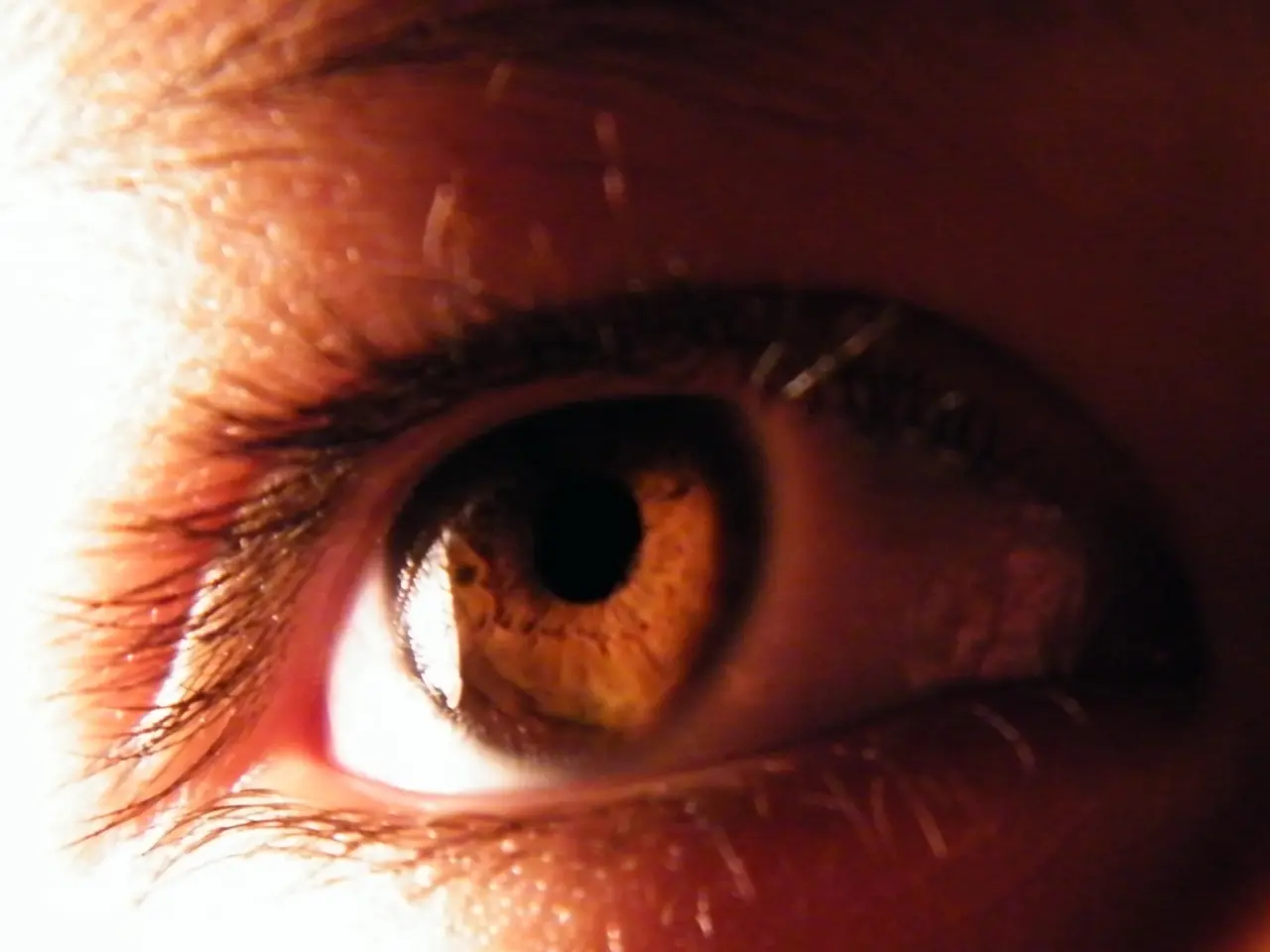Increase in Skin Cancer Cases Reported by Health Insurance Companies in Lower Saxony - Increase in Skin Cancer Cases Spotted in Lower Saxony's Health Insurance Data
In recent years, a significant increase in skin cancer cases has been observed in Lower Saxony, Germany. According to experts, this trend is primarily attributed to greater exposure to ultraviolet (UV) radiation due to lifestyle and environmental factors, as well as possible contributions from environmental pollutants and improved detection rates.
The Federal Office for Radiation Protection (BfS) has long warned about the negative effects of UV radiation on skin and eyes, and its potential to cause numerous health damages, including skin cancer. To mitigate these risks, the BfS provides tips for radiation protection on their website. Experts advise avoiding high UV exposure and sunburn, especially with children, and infants should not be exposed to direct sunlight at all.
Heike Sander, regional manager of the Barmer, emphasizes the importance of early detection in the fight against skin cancer. She stated that early detection can save lives and everyone is responsible for regular skin cancer screenings. The skin cancer screening for those insured by statutory health insurance was introduced in 2008 from the age of 35.
Baby boomers and older cohorts who suffered frequent UV damage due to insufficient sun protection in their childhood and youth are particularly affected. Sander points out that in the 80s and 90s, people were more careless and less aware of the risks of UV rays.
In addition to increased UV exposure, environmental pollutants may also play a role in the rise of skin cancer cases. While direct evidence specific to Lower Saxony is currently lacking, agricultural pesticides and chemical pollutants have been recognized elsewhere as carcinogenic contributors to skin and other cancers. Pesticides and chemicals like chlorothalonil and PFAS, found to contaminate water in some regions, are linked to increased cancer risks and may be present in Lower Saxony.
Improved screening and diagnosis have also contributed to the apparent rise in skin cancer incidence. Advances in dermatologic surveillance and more widespread screening programs have led to earlier and better detection of cases that might have gone unreported previously.
Finally, the demographic increase in the older population, which is more susceptible to cumulative UV damage and skin cancer, may also influence this trend.
In light of these findings, the Barmer strongly recommends regular skin cancer screenings for everyone, especially those who spent a considerable amount of time in the sun during their youth or who have a family history of skin cancer. By taking these precautions, we can help reduce the rising trend of skin cancer cases in Lower Saxony and ensure a healthier future for all.
[1] For more information on the potential role of environmental pollutants in skin cancer cases in Lower Saxony, further studies focusing on local data are needed.
Community aid in the form of regular skin cancer screenings, provided by the insurer Barmer, is strongly encouraged, especially for those with a history of excessive sun exposure or a family history of skin cancer. Vocational training programs could be beneficial in teaching individuals about the dangers of environmental pollutants, such as agricultural pesticides and chemicals like chlorothalonil and PFAS, and how to avoid them for the sake of their health-and-wellness. As science continues to uncover the links between medical-conditions like skin cancer and certain environmental factors, it's crucial to invest in research and education for a healthier and cancer-free community. Skin-care and skin-conditions should be considered essential aspects of health, and should not be overlooked when focusing on health-and-wellness.




